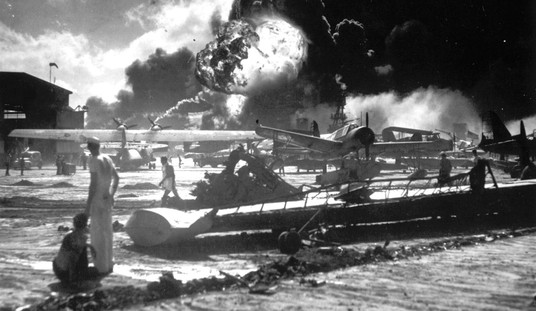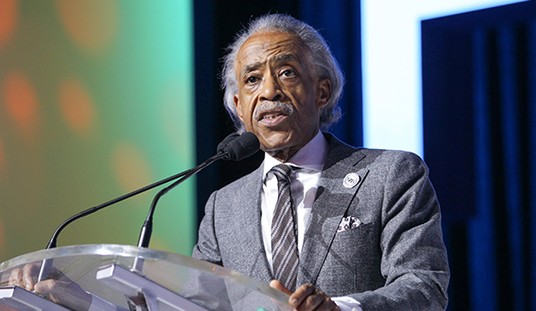
But for all its echoes, the bloodshed that has engulfed Iraq, Lebanon and Syria in the past two weeks exposes something new and destabilizing: the emergence of a post-American Middle East in which no broker has the power, or the will, to contain the region’s sectarian hatreds.
Amid this vacuum, fanatical Islamists have flourished in both Iraq and Syria under the banner of Al Qaeda, as the two countries’ conflicts amplify each other and foster ever-deeper radicalism. Behind much of it is the bitter rivalry of two great oil powers, Iran and Saudi Arabia, whose rulers — claiming to represent Shiite and Sunni Islam, respectively — cynically deploy a sectarian agenda that makes almost any sort of accommodation a heresy.
“I think we are witnessing a turning point, and it could be one of the worst in all our history,” said Elias Khoury, a Lebanese novelist and critic who lived through his own country’s 15-year civil war. “The West is not there, and we are in the hands of two regional powers, the Saudis and Iranians, each of which is fanatical in its own way. I don’t see how they can reach any entente, any rational solution.”
Much of the chaos was out of our hands — local rulers had kept the the lid on the Middle East pressure cooker for far too long. Something had to let loose sometime.
But the Wiggleroom Administrations tardy, confused, and contradictory responses have been a boon to al Qaeda. It’s uncertain if anyone there will trust us — or worse, even just look to us — again.










Join the conversation as a VIP Member